Search Perspectives
Displaying 1 - 15 of 16 results
-
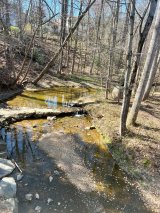
Acting Upstream for Creek and Community
A common threat to streams is runoff from heavy rains that cause floods, wearing away at riverbanks. Across the country, the Green Infrastructure program works with communities to address the effects of stormwater runoff through a variety of programs.
- Date:
- By: Jake Krauss
-
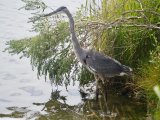
Gaining Perspective on Estuaries
Take a deep dive into the importance of shallow estuaries and the work of the National Estuary Program.
- Date:
- By: Jake Krauss
-

Glacier on the Job and in the Air: My Experiences Living and Working with a Service Animal
While incorporating my service dog into my daily life has been tricky, it’s also been life changing.
- Date:
- By: Missy Haniewicz
-
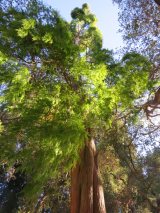
Celebrating Urban Parks During National Park Week
Spending time in nature can lower our blood pressure, improve our cardiovascular health, and reduce stress. Regardless of our circumstances, we all deserve and need parks wherever we live.
- Date:
- By: Hilary Clark
-

Revitalizing Water Infrastructure: Rolling toward safer water for communities
EPA’s WIFIA financing provides billions of dollars in credit assistance and creating local jobs while saving ratepayers and communities money. If you are interested in a WIFIA loan, you can submit a letter of interest to EPA at any time.
- Date:
- By: Jorianne Jernberg
-
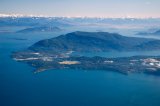
Reducing Water Pollution from Power Plants
This action protects our nation’s vital water resources that support safe drinking water, agriculture, and healthy communities while providing greater certainty for industry.
- Date:
- By: Radhika Fox
-

Learning about water use in one of the driest states in America
Getting people to change their water use habits is more complicated than just putting up posters. There is clearly a major gap in water knowledge and action - raising awareness of water use concerns is the first step for a sustainable future.
- Date:
- By: Cameron Hodges
-

Inspiring Students to Tackle Environmental Challenges
Each change in habit, no matter how small, can make an impact. I wanted to make sure that our visit left an impression and helped encourage lasting change in the Earth’s youngest environmentalists.
- Date:
- By: KC Becker
-
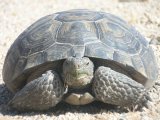
Using Pesticides Properly Can Protect People, Plants and Animals
On this forty-ninth anniversary of the Endangered Species Act, I am reminded that by using pesticides properly, we not only protect our environment, and some of our most vulnerable species, we also protect ourselves.
- Date:
- By: Hilary Clark
-
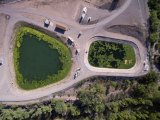
Researching Improvements for Wastewater Lagoons in Small, Rural and Tribal Communities
Lagoons are mostly found in small, rural, and Tribal communities that face disproportionate environmental justice concerns. These are some of our most vulnerable communities and often low income or communities of color are disproportionally impacted.
- Date:
- By: Radhika Fox
-
Celebrating 50 Years of Protecting the Ocean
During their travels, marine animals may face plastic pollution, impacts of climate change, and other threats. Their future survival can hinge on environmental laws that protect the ocean.
- Date:
- By: Hilary Clark
-

Proud to Celebrate a Diverse EPA
As we face new challenges and setbacks at EPA, we find strength in our leaders, past and present, our circle continuously expands, and our work continues.
- Date:
- By: Sherri Comerford
-

Protecting and Preserving our Oceans During National Oceans Month (and all year long)
Oceans are much more than just a temporary escape from the daily grind or a nice background for vacation photos. We need your help to protect this important resource.
- Date:
- By: John Goodin
-
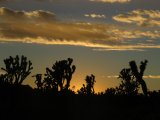
Celebrating Our Environment During National Park Week
Climate change and other environmental issues can seem daunting, but I’m hopeful that people will continue working and advocating to protect special places like Mojave National Preserve.
- Date:
- By: Hilary Clark
-

EPA scientists work with Tribal Nations to protect communities from radon and promote healthier air quality
Learn how EPA scientists are doing research that benefits vulnerable communities.
- Date:
- By: Hilary Clark

